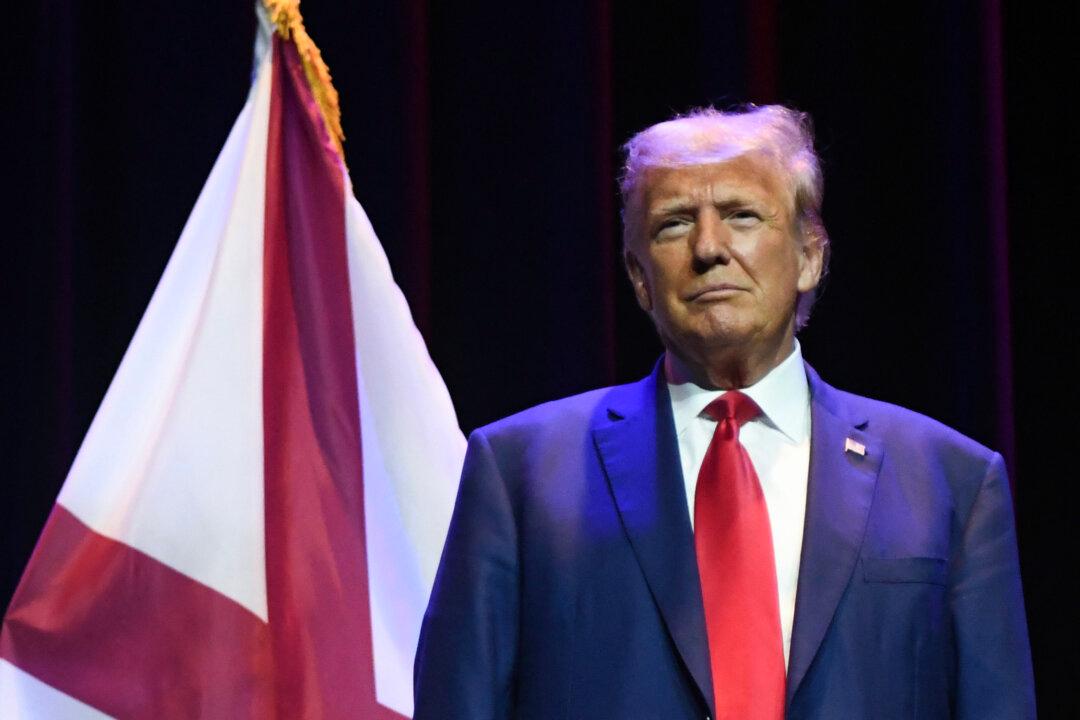The Supreme Court is unlikely to “intercede” in former President Donald Trump’s various criminal cases—as he said on Aug. 4 the court “must” do—at least not until the cases have moved past the initial stages, legal experts told The Epoch Times.
The Supreme Court might act at some point but not by itself on its own initiative, they added, saying the justices would probably only act if Mr. Trump’s lawyers formally brought an appeal to them.





